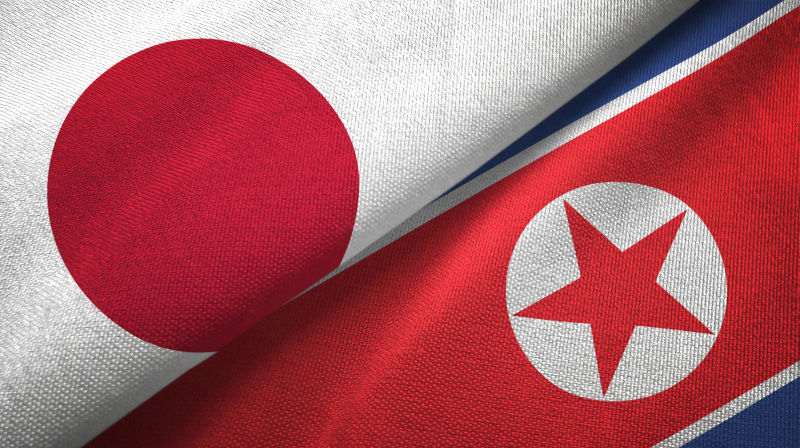Western hawks continue to see North Korea as a target for attack
April 5, 2024
With Japan’s former prime minister, Shinzo Abe, assassinated, Japan’s current prime minister, Fumio Kishida, has been saying he wants direct talks with North Korea’s leader, Kim Jong Un -a reversal of Abe’s position.
February reports said Kishida was willing for the talks to be without conditions. On this basis, Kim Yo Jong -Kim Jong Un’s influential sister -had reportedly said there was ‘no impediment to closer ties with Japan and that there may come a day Japanese Prime Minister Fumio Kishida visits Pyongyang’.
But under rightwing pressure Kishida seems to have reverted last month to Abe’s position of no talks without the return of all the people allegedly abducted from Japan in the late seventies and early eighties,
Pyongyang quickly slammed the door on talks and it has remained that way ever since.
The abductee issue is strange. After a year of secret talks, Japan’s former prime minister, Junichiro Koizumi, and Kim Jong Il, former leader of North Korea, had put their names to an agreement, the 2002 Pyongyang Declaration, promising normalised relations, substantial economic aid and other benefits when Pyongyang had promised to return the five Japanese citizens it had abducted some years back - two couples and the wife of a Korean War, US deserter.
But Abe, then only deputy Cabinet Secretary, began to claim many more, perhaps more than eight hundred, had been abducted and not returned. He forced the freezing of Pyongyang Declaration before it had even come into force.
So far Tokyo has only been able to produce a firm list of ten abductees, including a 13 year old girl, Megumi Yokota, abducted probably because she had seen another abduction. North Korea’s list came to eleven, with all died from accidents or other causes.
But that was enough for Tokyo under Abe’s leadership to mount a very effective campaign to demonise North Korea, focussed on the memory of Megumi Yokota and her grieving parents.
Shrines, photos and songs in her name have been taken, with her parents, to Western capitals in a claimed bid to force the her release together with the other alleged abductees.
Meanwhile North Korea was continuing to claim she had married and then suicided after producing a daughter.
The North Korean claim seemed proved after the Megumi parents were finally allowed in 2014 to visit the daughter in a third country, and returned to Japan with no news of Megumi.
But Tokyo was unfazed. It has continued to use the abductee issue, and the Megumi name, to prevent even its prime minister from making the visit to Pyongyang he seems to want.
North Korea’s long suffering population has been forced to drop its hopes of aid from Japan. Western hawks continue to see the country as a target for attack.
And the West, including Australia, continue to see Japan and its devious right wing as normal partners for the Quad.
Article updated April 8, 2024.


